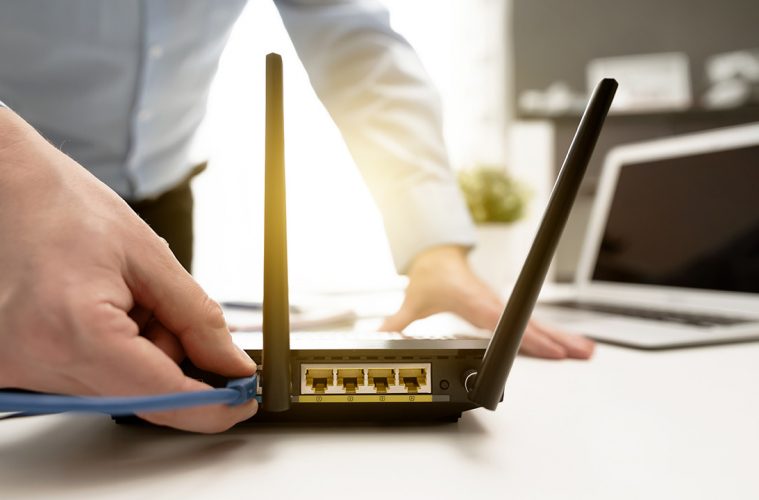Yesterday, on my way back home I stopped at a diner close by to grab a cup of coffee and met a wonderful elderly man who was the owner. While we were talking he mentioned that he was thinking of getting an internet connection for his diner but was facing difficulty figuring out how to go about it as he didn’t have much technical know how about the subject. I guess he figured I might know a thing or two about internet service providers (ISPs) in our area.
So I explained to him a few things I would keep in mind when researching different internet providers and their plans, while I sipped on a wonderful cup of cappuccino. As I walked out of the diner it occurred to me that there might be many other people like him who could benefit from the information I gave him.
Hence, the list below stats all that I would always keep in mind while searching for an ISP near me and hope that you do too, dear reader!
Types of Internet Connections
With internet technology advancing at a fast pace, businesses have various types of internet connections to choose from. Although, not all regions have the same options available so it’s important to check what’s offered in your area before you make a choice. To make things simpler, here’s a list of different internet services in the market:
- Cable— One of the most widely used and value for money options is the internet provided by the cable company in your respective area. Speeds offered are usually up to 500 Mbps.
- DSL— This is a relatively slower speed internet provided via one of the telecommunications company in your area. Maximum speed usually goes up to 35 Mbps.
- Fiber Optic— This is the fastest option available with speeds going up to 1 Gbps. There is limited availability though, as it is provided using beams of light through special mirrored tubes that aren’t installed throughout the country yet.
- Satellite— As the name suggests satellite internet uses a dish antenna to bounce internet signals off of satellites, so you don’t need cables nor wireless towers to access your internet. Normally the speed goes up to 15 Mbps which might not seem so great unless you’re in a rural area with no other options at your disposal.
- Fixed Wireless— A device is used to provide internet via radio signals through a tower. Speeds can go up to 40 Mbps but can be easily affected by obstructions like trees or buildings between the customer and tower.
- Telephone Dialup— This is very old, quite slow and not a practical option, but since we’re talking about the types available, it deserves a mention.
Bandwidth and Speed
For a business, time is money and it can quickly get frustrating when you’re losing productive hours due to your internet taking forever to download something you’re working on. So when choosing speeds keep in mind that some days would be just the basic daily work and then others would be peak activity. You need to make sure your internet caters to the highest work volume there could be.
Ask your ISP several questions about download/upload speeds, throttling, bandwidth caps, etc. t is also recommend to have best internet speed test for you to monitor the performance of your internet. This will determine if it’s really meet what you’ve availed.
Reviews and Referrals
It may seem like an obvious thing to do, but believe me many people might overlook this. It is very useful to ask other businesses in your area for recommendations. There may be ISPs that are new or that choose not to advertise but have amazing services. You don’t have to make your own mistakes to learn when there’s other people out there who could guide you. So go ahead and make the smart choice, learn from other people’s experience.
Business Customer Support
An ISP that can guarantee uninterrupted service is critical if your business depends on the internet. There’s just too much at stake to be okay with your internet having uptime issues. Understandably, all providers may face service interruption at some point, but it’s the contingency plan that’s important. How will they compensate you for the lost time? Is there a dedicated line as well as a tech support team for business customers?
There you go, now you know a lot more about choosing an ISP near you than you did at the beginning of the article.
Bottom line: If you’ve figured out what you need and research well before signing up, chances are you’ll end up with the perfect provider for your business needs.
Author Bio
Saba Aurangzeb, a Content Marketer, predominantly writes about the latest news and trends in telecommunications. She has an education in Applied Accounting and a diverse professional experience which ranges from working in schools to accounting firms and even running a custom printing and design business. She enjoys traveling and painting and has a profound love for animals.

